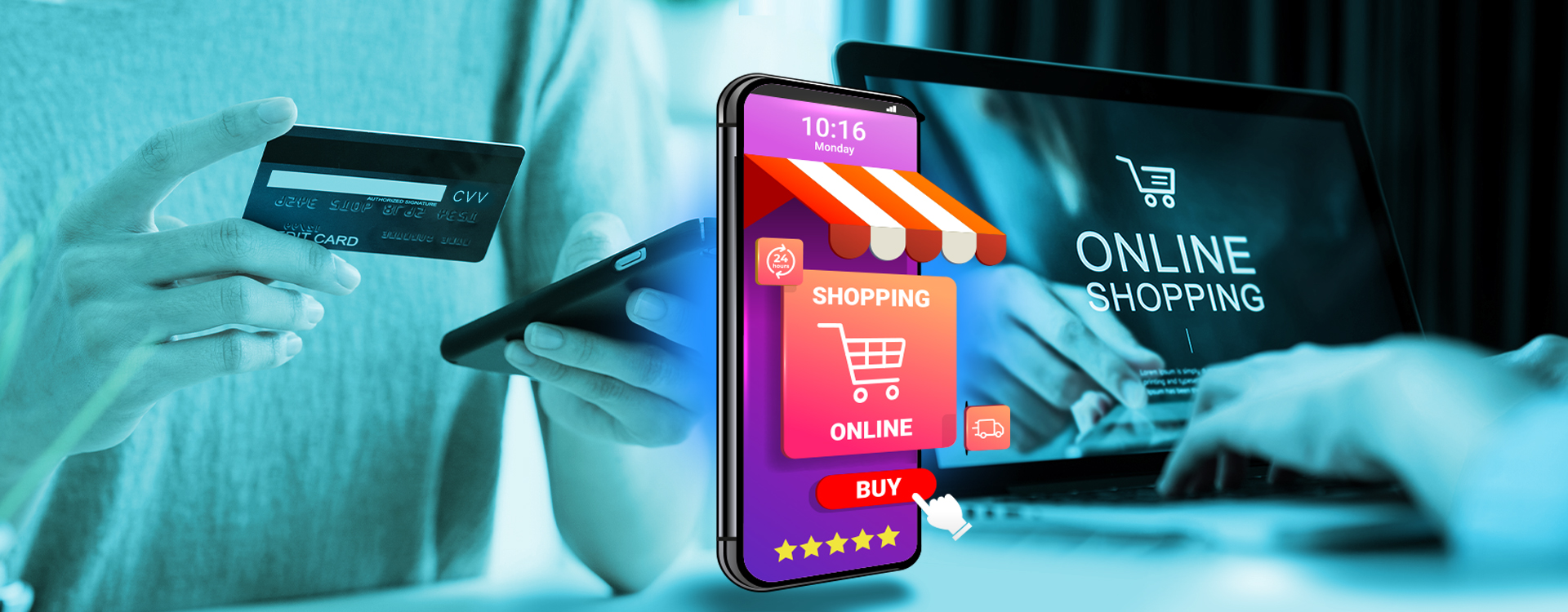The Indian retail market has always been enormous. A November 2019 report by India Brand Equity Foundation (IBEF) estimated that by 2021, the traditional retail industry would account for a significant level of 75%, organised commerce will reach 18%, and e-commerce retail will account for 7% of retail sales of the total market.
Even more interesting is the development of many areas and chambers of retail in the e-commerce market. This includes expanding physical retail brands to contain the growing popularity of healthcare, agriculture, food and beverage, food technology, and retail start-ups.
‘‘
While customers agree to be patient and wait for products from small businesses, they still demand to have choices over their shipping speed and be kept fully informed about their delivery progress. They also expect first-class consumer service.
The Future of Retail Start-up: Knowing the Niche is Important
The future of retail will be in omniscient commerce channels. According to the new 2021 standards, digital trends are shaping the future of retail in India. Over the past year, the middle-income group has driven up most of the retail consumption in India. These developments have allowed market leaders to observe structural changes in the retail and e-commerce sectors in India.
In 2006, only 3% of people bought online, and now there are 500 million active internet users in India every day. As of 2019, this internet boom resulted in around 10% of purchases being made online.
In general, the size of the retail segment is set to increase. The traditional methods combined with e-commerce start-ups in the retail industry will play an essential role in reviving the sector as they will have more digital advantages than other methods.
Scaling New Ways and Markets in the Industry
The retail chain starts with the production and manufacturing units. The core of its capacity is a manufacturing company’s ability to supply small supermarkets or Kirana stores. The basic setup of a retails commerce business helps to meet the distribution sector’s challenges through direct channels and local supermarkets.
Today, start-ups have a lot of big data created through direct customer feedback, thanks to the D2C model, that they have never received before. Digitisation has opened up new sales opportunities for start-ups.
The digital wave has led many supermarkets to adopt technology more and more quickly. This has caused many intermediaries to resort to traditional multi-level sales transfers and establish digital navigation in Indian sales channels. The modern retail industry is a significant job creator and is bringing formal workplaces to the community.
A Retail Start-up Needs to make things Easy for Customers
There has been a dramatic increase in online shopping over the past year due to the pandemic. Online shopping is only expected to grow, providing excellent opportunities for small and medium-sized businesses to build strong digital businesses.
While customers agree to be patient and wait for products from small businesses, they still demand to have choices over their shipping speed and be kept fully informed about their delivery progress. They also expect first-class consumer service. That means acknowledging their inquiries within a consistent timeframe and supply tracking information or delivery updates. And by satisfying these needs, a new start-up can establish a name for itself in India’s retail sector.
What’s in it for you?
If you are one of the several who wants to start a retail business in 2021, there is a lot you can do to maximise your chances of success. Primarily, you need to provide a comfortable working experience for your customers. The long-term success depends on its ability to attract loyal customers who come back and often buy from it. So, don’t miss the opportunity to surprise them and thank them for their customer service.
Another reason why now is the best time to set up a retail start-up is that more customers are encouraged to “buy local”- Vocal for Local– to support local businesses. Buyers want to support companies that share their values and beliefs. And in 2020, this trend has intensified as Prime Minister Narendra Modi launched the Atmanirbhar Bharat campaign.
The truth is that technology today is not only an opportunity to develop products in the comfort of one’s own home. But it is also a reality for more tangible small businesses and start-ups to attain success. If you want to be a part of the technology-driven success stories, start with your niche market, connect with customers, and surprise them.




